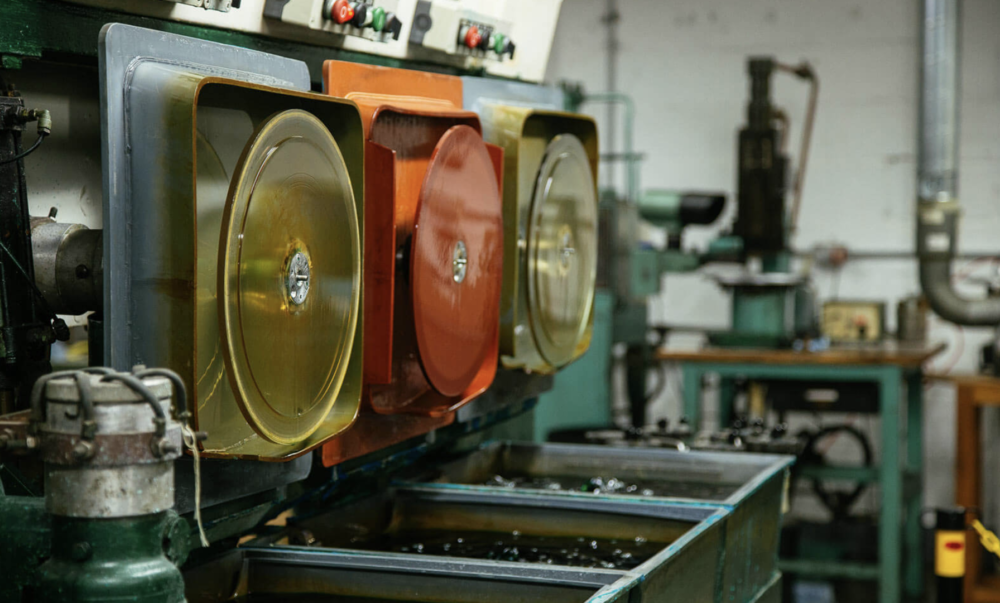When Janan Leo, founder and creative director of women’s shoes retailer Cocorose London, discovered that British manufacturers were unable to meet her cost and volume requirements, she began researching manufacturers in China.
Leo and commercial director Gareth Austin-Jones travelled to the country and visited factories in order to find the right partners, a process that she believes is vital. ‘If you’re able to visit then you can help them understand what you want and get a better-quality product,’ she says.
Cocorose London has partnered with more than one manufacturer in southern China, and Leo and Austin-Jones are present for each stage of production. She acknowledges that the process can be a complicated and daunting prospect for UK companies but emphasises the need to be as close as possible to the operation.
Despite the language barrier, Leo’s experiences with the country are mainly positive. ‘They’re so quick at answering emails and contacting you,’ she says. ‘I guess the Chinese manufacturers were the most hungry to have the business and that helped me find somebody to work with.’
For Vision Engineering’s managing director, Mark Curtis, the move to create a satellite offshore manufacturing operation took him to the US. The Surrey-based company, which produces industrial microscopes, needed to respond to demand for a new product, which it had been manufacturing from the UK.
‘There’s a relative skills shortage in the manufacturing sector in the South East,’ he explains, ‘so we were struggling at the time to recruit sufficiently skilled staff at sensible rates.’
The business already had a sales facility in Connecticut, so the ‘administrative shell’ was in place for a manufacturing site. ‘The area is very heavily industrialised, with quite a good skills base,’ he says. ‘The actual cost of labour is about the same as it is in England but they are very available.’
One of the challenges that Curtis encountered was adhering to the country’s manufacturing standards. American standards are different from European ones and compliance was an additional cost to the business.
Trust issues
Many UK companies locate offshore manufacturing operations in Asia, where the cost of labour is much lower, explains Martyn Hart, chairman of the National Outsourcing Association. ‘If you’re going to offshore, one of the main difficulties is finding a manufacturer that you can trust,’ he adds.
‘You might want to have production coming from more than one factory, so you always have the other to fall back on. You could even manufacture in more than one country, although that means additional overheads.’
He urges businesses that are considering offshoring some or all of their manufacturing capability to approach the process slowly, adding, ‘Understand what you’re doing and control it.’






